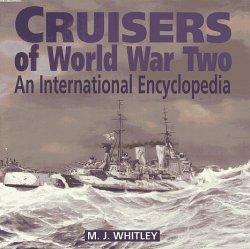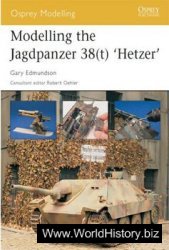In November 1913, in reaction to the formation of the Ulster Volunteer Force, a nationalist counterpart, the Irish Volunteers, came into being. Prompted by what had happened in Ulster, the medievalist historian Eoin MacNeill, writing in the Gaelic League paper An Claidheamh Soluis, in an article titled "The North Began," called for the nationalists to also form a volunteer force to advance their cause. MacNeill headed a provisional committee, which included more militant nationalists with IRB connections, including Bulmer Hobson. The movement grew in numbers within a few months to 75,000. Plans got underway to acquire arms in which the services of such Anglo-Irish sympathizers as the journalist Darrell Figgis, the writer Robert Erskine Childers, the ex-diplomat Roger Casement, and Mary Spring Rice, the niece of the British ambassador to Washington, were drawn. The Irish Parliamentary Party leaders became apprehensive about the movement and Redmond pressured MacNeill into allowing the
Party to name 25 members to the provisional committee of the Volunteers, which guaranteed the party's ascendancy over the movement in the same way the Ulster Unionists dominated the Ulster Volunteer Force.
Irish unionism, and Ulster unionism in particular, had always a strong presence among the officer corps of the British army. When the prospects of violent resistance to the tentative Home Rule legislation grew closer, a group of officers stationed at the Curragh in Kildare indicated in April 1914 that they would resign rather than have to coerce Ulster. Their commanders were able to exact a concessionary statement from the secretary of war, J. E. B. Seely, that there were no intentions to use the army to crush political opposition to Home Rule. The prime minister forced Seely to resign, along with several generals, but the implication remained that the government might well be confronted with a mutiny should it attempt to coerce Ulster. Soon after, Major Fred Crawford, a zealous Ulster unionist, who had earlier called for Ulstermen to look to another "King Billy" (Kaiser Wilhelm II) to rescue them, arranged successfully and without interference from the authorities the importation into Ulster at Larne and other ports of thousands of rifles, machine guns, and ammunition for the Ulster Volunteer Force and distribute them throughout the province within 24 hours.
At the end of July, when war had started in Europe, but which Britain had not yet entered, Childers and associates were able to land a few hundred rifles at Howth, outside of Dublin. When a crowd in Bachelor's Walk in the city demonstrated in support of the landing the army fired on them, killing three and wounding dozens, a response quite different from the apparent disregard of the earlier importation on behalf of the Ulster Volunteer Force.
Within a week Britain had entered the war against the Central Powers, justifying its entry in opposing the German invasion of Belgium. A Home Rule act was passed, as was another measure suspending the application of the act for the duration of the war. The war spared Britain a potential civil war within Ireland, as well as calmed internal social confrontations in Britain itself, particularly those related to women's suffrage and industrial unionism. Within Ireland, both factions—the Unionist Party and the Irish Parliamentary Party— gave their support to the war and encouraged their members and the members of their respective volunteer forces, the Ulster and the Irish Volunteers, to enlist. Among the nationalists this provoked a split, as the original founders of the movement, including MacNeill and Hobson, opposed Redmond's call to enlist. Redmond then formed a new group, the National Volunteers, which most of the 180,000 members of the Volunteers joined. A minority of about 12,000 remained with MacNeill and retained the name of Irish Volunteers. With this separation from the parliamentary nationalists, MacNeill's movement came more and more under domination by more extreme nationalists, many committed to a violent uprising, although MacNeill adhered to the position that the movement should only turn to force as a defensive action if the authorities were to actually move against the nationalist groups.
During the war, thousands of Irish from both the unionist and the nationalist communities enlisted. The military tended to accept Ulster Volunteer units collectively for incorporation into the army, while the nationalists enlisted only
As individuals and were thus scattered among other units. Ironically, this discriminatory treatment probably lessened the number of casualties among nationalist members of the armed forces, although there were many enough, especially incurred during some of the more mindless charges that accompanied several battles along the western front. The loss of life sustained by Ulster at the Battle of the Somme, where 20,000 British lives were lost in a single day in July 1916, stood as a blood sacrifice that worked to intensify loyalty to the British connection on the part of the survivors, who asserted that their compatriots had fallen fighting at its behest.




 World History
World History





![Black Thursday [Illustrated Edition]](https://www.worldhistory.biz/uploads/posts/2015-05/1432470149_1431513568_003514b1_medium.jpeg)



